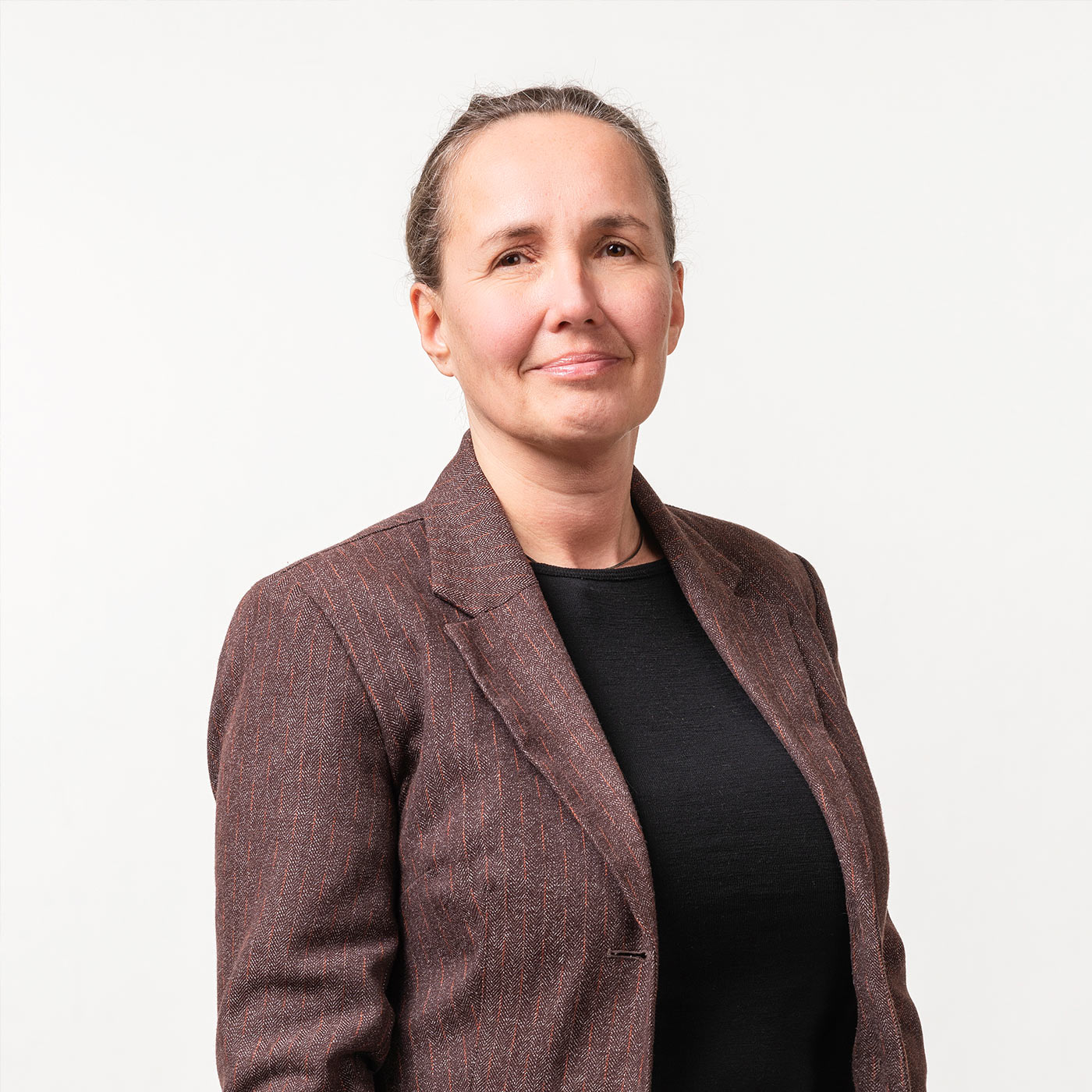Environmental personhood a way forward?
Otago economist Dr Viktoria Kahui argues that environmental personhood offers the potential for a new way of managing natural resources under pressure from stakeholders with conflicting demands.
Dr Viktoria Kahui believes conferring legal “personhood” to the world's natural resources could be one of the best ways of protecting the environment for climate change resilience and future generations.
Kahui, who specialises in natural resource and ecological economics, has long been fascinated by “the tragedy of the ecosystem commons” – the conflict between individual and collective incentives around a shared natural resource.
“For example, there is no point leaving a fish in the sea if there is no guarantee that it won't be taken by someone else,” she explains. “Collectively, however, we are all worse off when fisheries resources are being overexploited.”
Kahui says this tragedy is most commonly known in the context of fisheries, forests and water, but the tragedy of the 21st century is one of ecosystem services. These include all of the benefits generated by natural systems, such as carbon sequestration by trees, water filtration from wetlands or even a beautiful landscape to enjoy.
“It is not about what people 'should do' or 'shouldn't do', it's about what people will do, overall, given the incentives in place.”
“Many of these ecosystem services are being depleted: when a landowner drains a wetland and clears the native plants to make room for a hotel, they do so because a hotel is profitable, while providing habitat for native birds and water filtration from the wetland is not.”
As an economist, her research focuses on examining actions from an economic viewpoint.
“It is not about what people 'should do' or 'shouldn't do', it's about what people will do, overall, given the incentives in place.”
Kahui explains that the root of the problem is the question of ownership: if no one owns the ecosystem services a natural resource provides, then the tragedy of the commons occurs.
While she has been thinking about this issue for much of her career, she had an “aha moment” when reading about the New Zealand Parliament conferring legal personhood to the Whanganui River in 2017.
“Environmental personhood has the potential to become a new way of managing natural resources which are under pressure from stakeholders with conflicting demands.”
In the case of the Whanganui River, the underlying premise is to protect the intrinsic value of the river. This puts the focus on the protection of the natural state of the river and its ecosystem services, which is crucial for climate change and resilience.
She says this also allows for a new property rights structure: it allows for trusts and institutions who speak on behalf of future generations and the environment to be part of the negotiations.
“This likely reduces 'transaction costs' in the sense that stakeholders do not end up in court trying to fight for property rights: the property right is vested in the natural resource itself.” Her latest paper puts together an economic case for this.
While it is still early days, and she stresses she is not saying environmental personhood is the panacea for environmental stewardship, she believes it does provide a way forward.
“Vesting ownership in the resource itself rewrites the rules and opens a way forward, and for New Zealand to lead in this way is a great acknowledgement of the rich wisdom and knowledge of tangata whenua that is important for dealing with natural resource loss in the 21st century.”
Funding
University of Otago
Dr Viktoria Kahui: “Vesting ownership in the resource itself rewrites the rules…”
